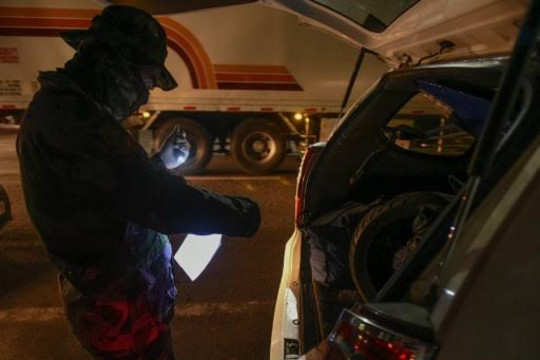(PCOO)’s announced mandatory media accreditation for the journalists to access the Luzon quarantine area. On March 22, Bulatlat followed up the application only to be told that the International Press Center is prioritising the mainstream media. This reportedly follows a directive from the Inter-Agency Task Force for the Management of Emerging Infectious Diseases (IATF) instructing the Press Center to limit the number of journalists receiving the special pass. The directive contradicts the guidelines released earlier by IATF stating that there would be no distinction between the mainstream media and alternative media.
In its statement, Bulatlat said denying access to areas under quarantine is outright censorship. Bulatlat remains committed to the public’s right know during this pandemic.
NUJP, together with several media organisations, said that they are concerned about the possible misuse and abuse of accreditation to try and control the free flow of information. “We demand full respect of freedom of the press and of expression and an end to the use of accreditation and other attempts to control media,” the joint statement added.
The IFJ said: “Limiting access for journalists in the emergency situations will hinder the public’s ability to get factual reports from the field. The IFJ condemns the discrimination against Bulatlat.”

